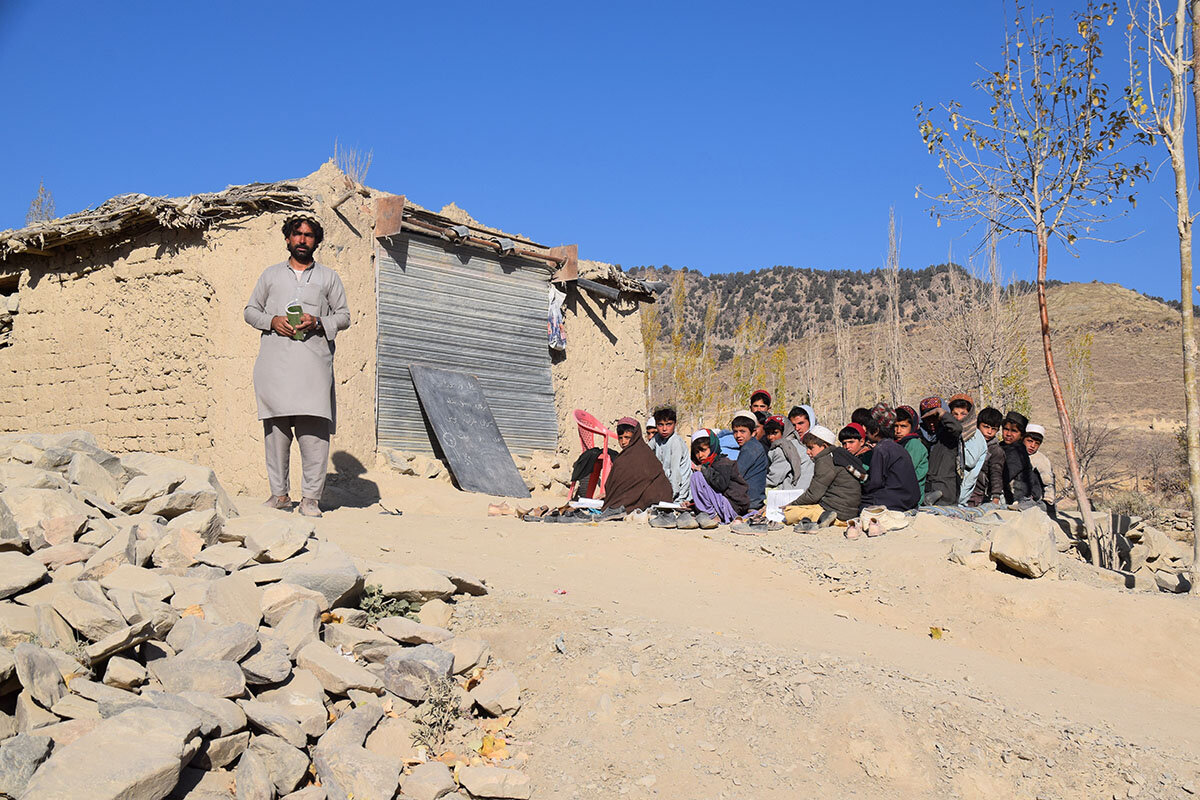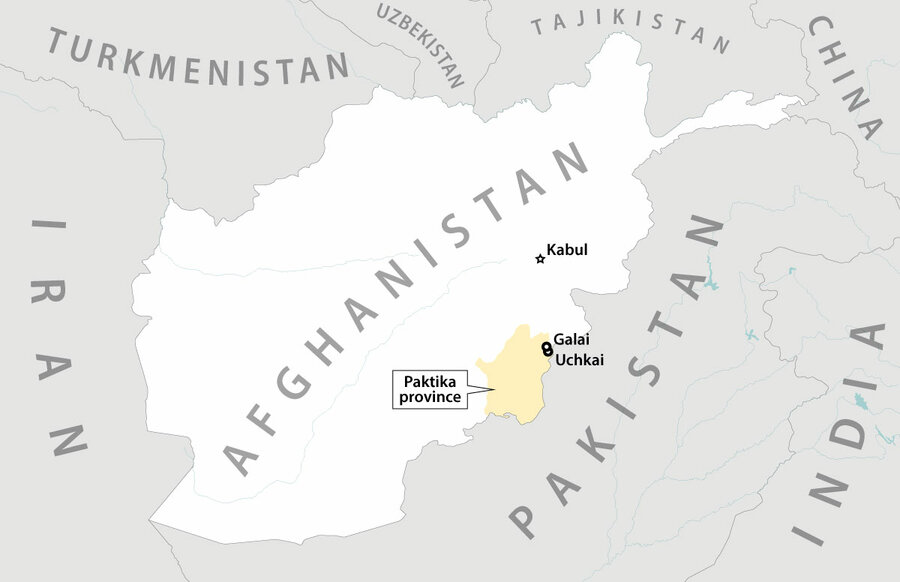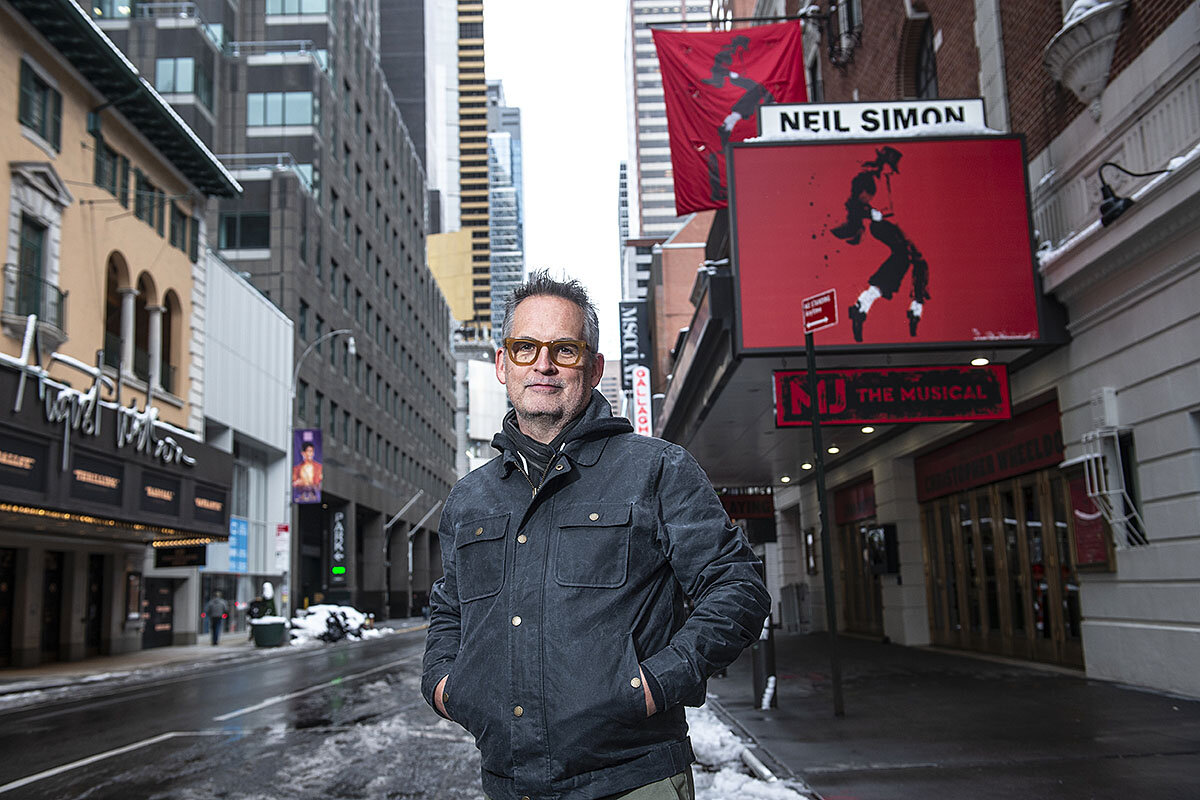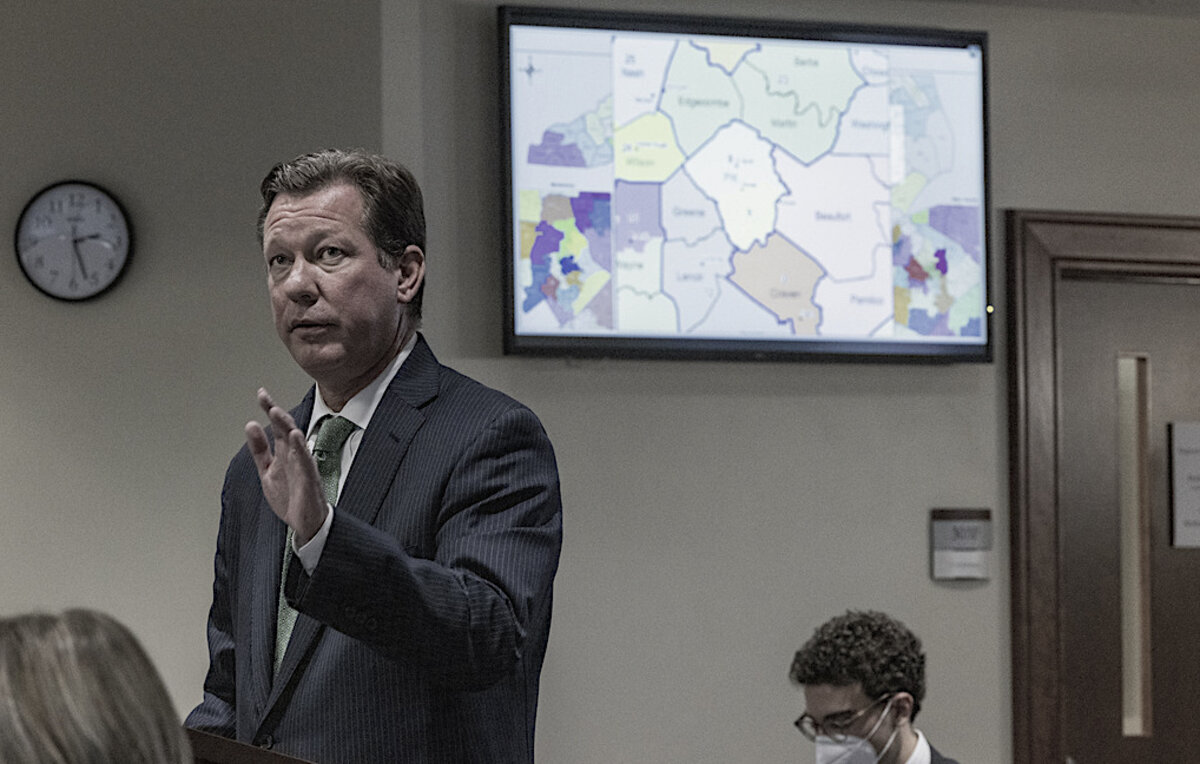President Joe Biden has been preaching the importance of democracies standing up to autocrats worldwide. In Ukraine, Russia might make his point for him.
Monitor Daily Podcast
- Follow us:
- Apple Podcasts
- Spotify
- RSS Feed
- Download
 Mark Sappenfield
Mark Sappenfield
The pull of the moment can be strong. In a time of 24-hour cable news and social media, it can be dizzying. But today’s issue of the Monitor Daily takes a different approach: the long view.
As Russian troops gather on the Ukrainian border, Howard LaFranchi notes that the crisis has perhaps just answered a debate that has lingered since the fall of the Soviet Union: Why are NATO’s transatlantic ties relevant today? The long view could see a renewal of that flagging purpose.
As United States Supreme Court Justice Stephen Breyer steps down, his replacement will join the court in the legal minority. Is that a recipe for frustration? Henry Gass looks at how conservative justices such as Clarence Thomas faced the same situation, waiting decades to come to prominence. The long view is that the years in the minority are not wasted.
In Afghanistan, the recent rise of the Taliban is simply part of a 40-year cycle of political instability. But through every twist, one thing has remained the same: the rural areas at the heart of Afghanistan that have been ignored or used as pawns. Franz J. Marty offers a portrait of this unchanging Afghanistan – a key perspective to any long-view solution.
We also look at how, after decades of being marginalized, queer Black people of faith are finding strength and support in one another, and how a musician finds joy amid 35 years of ups and downs on Broadway.
News demands being of the moment. But adding a longer view often helps uncover what that moment means.











